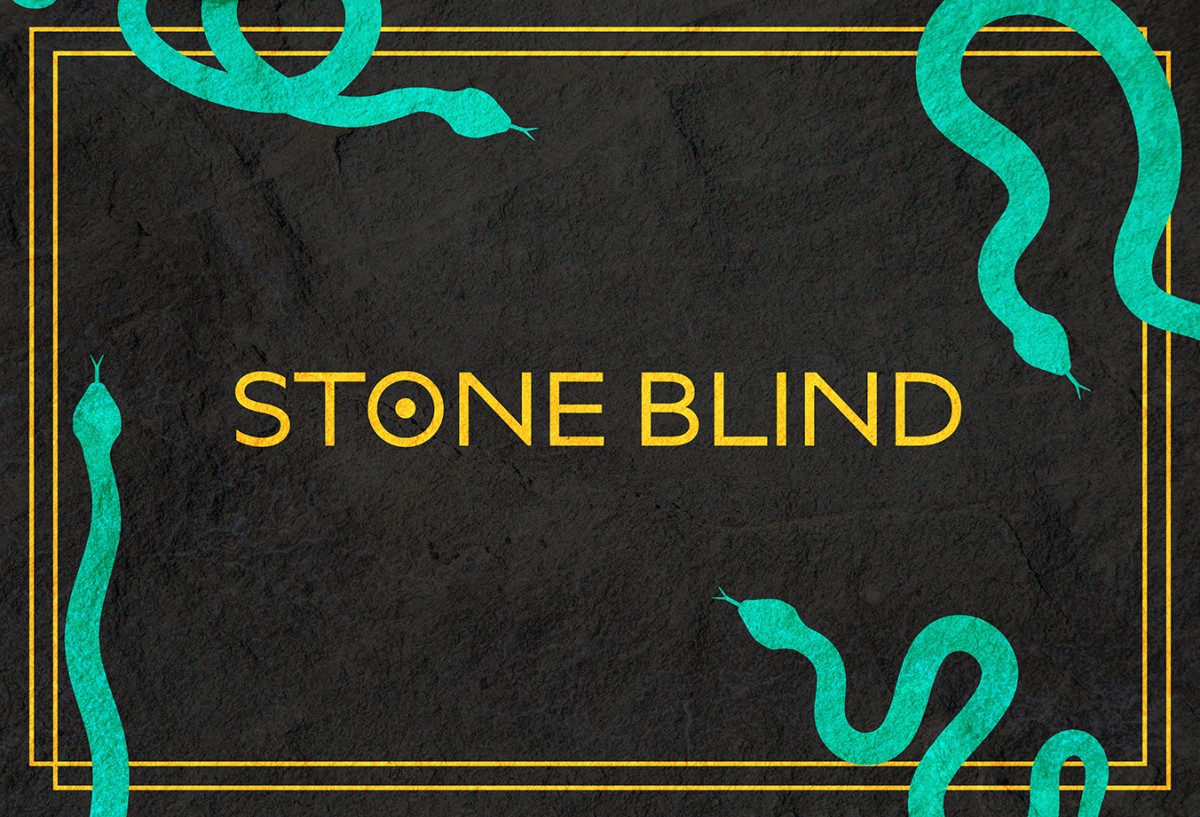A feminist retelling of the story of Medusa, long-listed for the Women’s Prize for Fiction, “Stone Blind” uncovers the myth behind the monster.
New York Times bestselling author, Natalie Haynes, features Medusa in her novel, the infamous snake-haired symbol of female monstrosity, reframing her not as a monster, but as “what happens when someone cannot be saved.”
Despite being the daughter of two sea gods, Medusa is born a mortal and left to be raised by her older sisters, Euryale and Sthenno, known as the Gorgons. With their formidable tusks, wings and talons, Euryale and Sthenno are feared among humans, but not unkind. They learn to care for their mortal sister and watch her grow into a beautiful young woman.
Unfortunately, Euryale and Sthenno were not the only ones who noticed Medusa’s beauty.
One day, 16-year-old Medusa wanders into a newly made temple built to honor the goddess Athena. There, she is cornered by Poseidon, god of the sea, who desires Medusa and orders her to submit to him. When Medusa refuses his advances, Poseidon threatens to assault and drown a human girl unless she gives in.
To save the innocent life, Medusa reluctantly submits to the god.
The goddess Athena is offended by the perceived desecration of her temple and seeks revenge on Poseidon. Rather than punish the god himself, Athena takes out her anger on Medusa, transforming her hair into writhing snakes and cursing her eyes to become deadly weapons, capable of turning any living being that meets her gaze to stone.
The story also follows Perseus, the illegitimate son of Zeus. When a local king threatens to force Perseus’s mother into marriage, Perseus strikes a daring bargain: he will deliver a Gorgon’s head in exchange for his mother’s freedom.
During his quest, Perseus meets a variety of characters from Greek mythology, including the messenger god Hermes, the princess Andromeda, the Graiai sisters, doomed to share a single eye and single tooth between the three of them and the Hesperides, a group of garden-dwelling nymphs, to name a few.
Along the way, Perseus discovers his inner god-like inclinations that are less than honorable, making the reader question if he was the hero so many ancient texts depict him to be.
Legend paints Medusa as a monster. But who is the real monster? The scorned woman first assaulted and then vilified, or the man sent to destroy her?

































































































































































